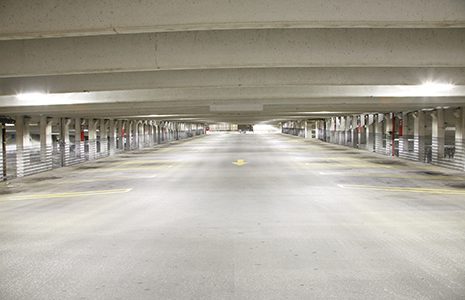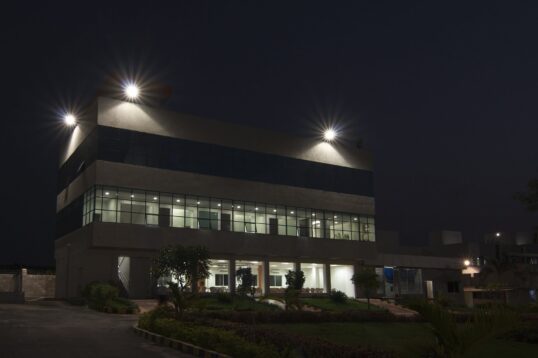You’ve heard it once, and you’ll hear it again from us: parking garages are some of the biggest energy wasters! Many garages are required to have its lights on all day because there is no outside light coming in from other floors, or for safety and security reasons. For a cheaper, brighter, more unified light, operators of parking garages should switch to LED lighting. Dallas is the first major city to replace five of its parking garage lighting fixtures with LEDs. Dallas city councilman Ron Natinsky said the city has been working on making the city greener, and the reduction in energy and maintenance costs really drove them to consider LED lighting. By replacing lighting at parking garages near the Dallas City Hall, Dallas Public Library, Jack Evans police building, the freight terminal beneath Thanksgiving Square, and the Morton H. Meyerson Symphony Center, the city of Dallas will reduce energy consumption by 60%, over 1,700,000 kWh. Lumetech already replaced lighting in Dallas County School’s parking lot, which reduces electricity consumption by 505,000 kWh annually. The school will see a savings of $363,000 in maintenance and electricity over the lifetime of the new LEDs.
Vermont is also looking into replacing its parking garage lighting and its street lighting fixtures. The city of Colchester has a ballot initiative on the table right now, and if it passes, LED lighting will be installed on all of the city’s streets. The biggest obstacle the city faces right now, and most other cities do as well, is the initial costs of the lighting. Colchester would need to replace 780 lamps, costing approximately $500,000. On the other hand, the LED lighting would cost the city 70% less than the lamps they have installed now. The city has applied and received a few grants so they will not have to increase taxes, so hopefully they get the support they need! The city of Waterbury already installed more than 60 LED streetlamps in the business district, which is saving the city $3,000 annually.





